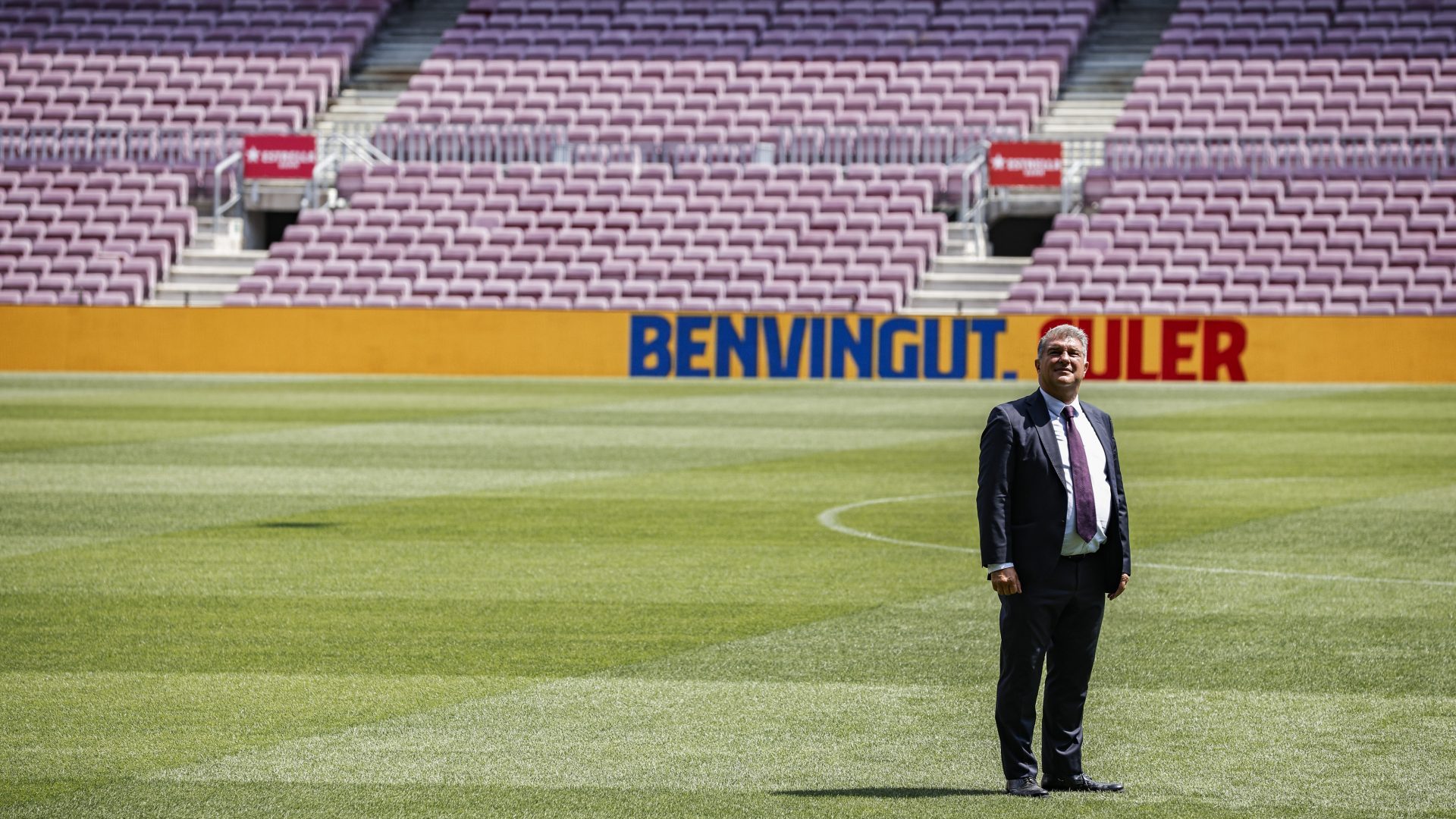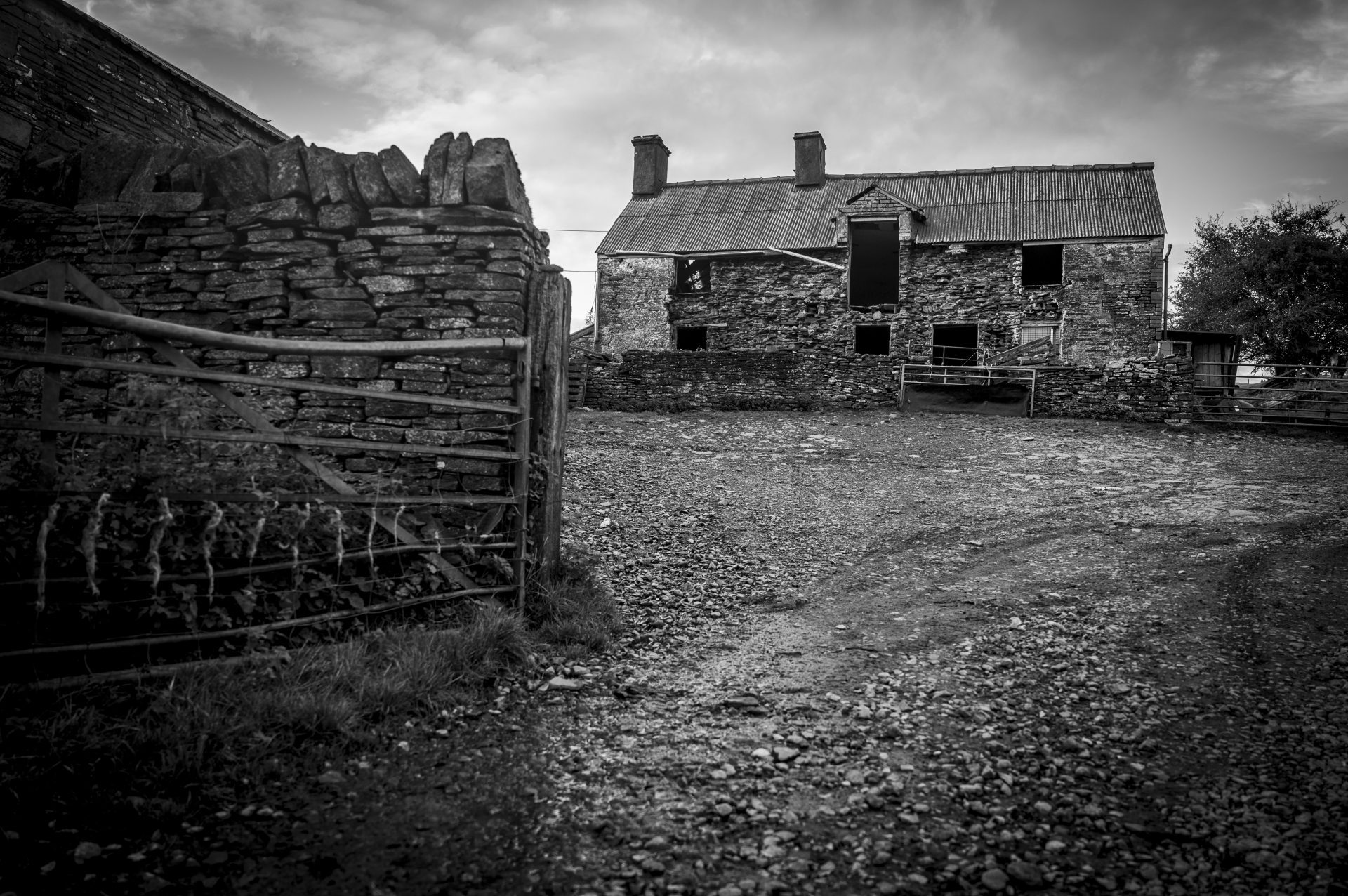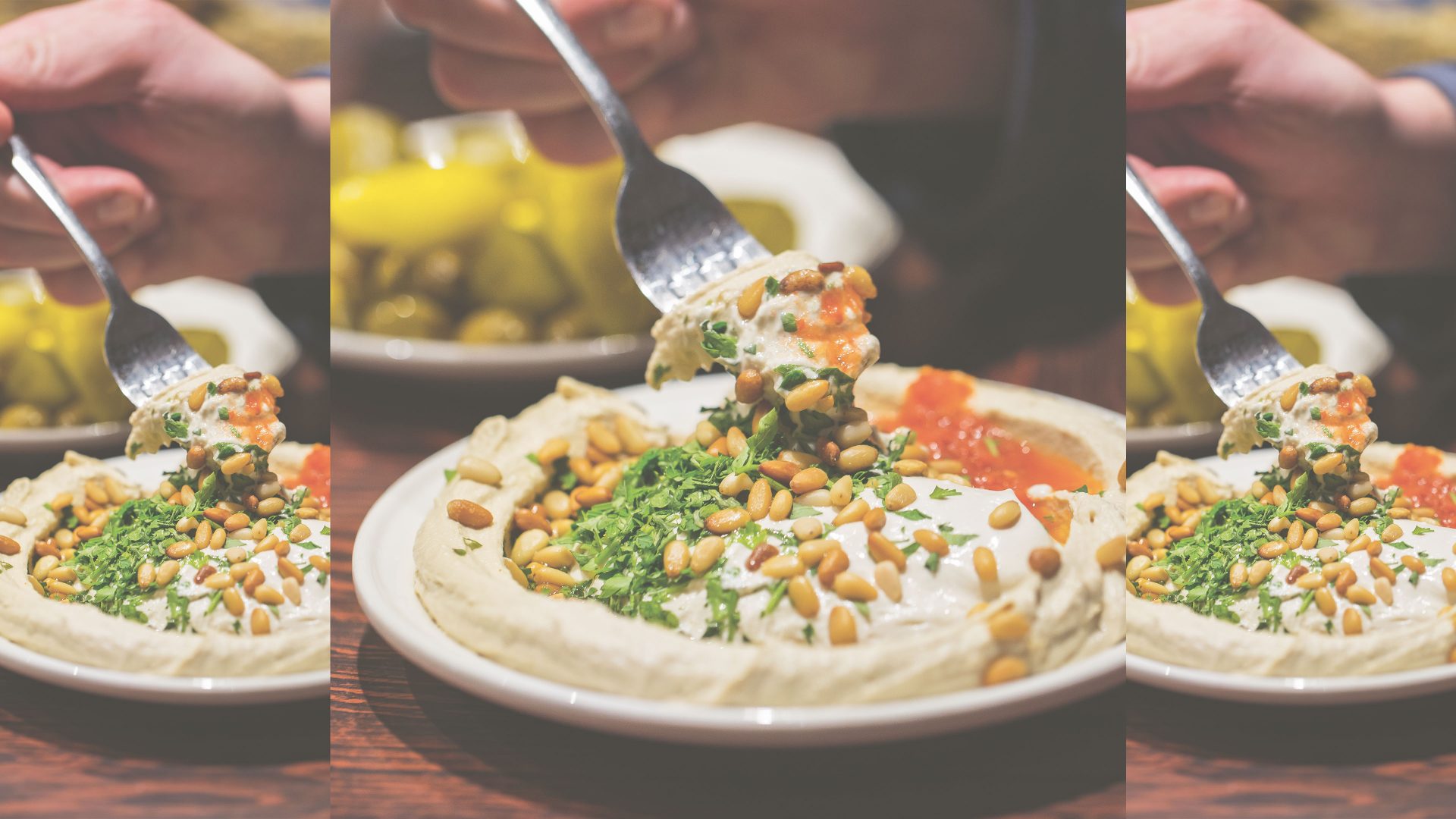FC Barcelona, a club that has played futbol more artfully than almost any other, enters the 123rd season in its history in a bewildering state.
Either Barça is bankrupt to the tune of €1.4bn, or it is once again financially stable and in the middle of a summer rebuild that will allow it to go head-to-head once more against the European and Spanish champions, Real Madrid.
Such is the turmoil that five days before the new season kicks off this weekend, La Liga was still refusing to register five new Barça signings –
Robert Lewandowski, Raphinha, Jules Koundé, Franck Kessié and Andreas
Christensen.
That is nearly half the proposed new Barcelona first team, and more players could soon be in limbo because the Catalans began this week still trying to sell Frenkie de Jong to finance a deal for Manchester City’s Bernardo Silva. They want Chelsea’s Marcos Alonso, too.
Barcelona president Joan Laporta is mortgaging the club’s future by securing loans from American banks and hedge funds in return for TV monies and image rights into the next 25 years.
Stuck in the middle is Xavi Hernández. A marvellous conductor in the magical midfield with Lionel Messi and Andrés Iniesta, Xavi is now a novice coach hailed literally from the desert where he saw out his playing days and began his formative coaching steps.
Laporta is trying to turn back the clock. In his first term as chairman, from 2003-2010, he appointed a former player, Pep Guardiola, to take over the mantle of what Johan Cruyff built from the academy to the Camp Nou legends. And Guardiola delivered, as Xavi now must.
But such is the politics, overreaching in Spanish football, that the two men
who filled in between Laporta’s first presidency both ended up accused of
fraud. Sandro Rosell, the former Nike executive who ousted Laporta the first
time around, served 643 days in preventative detention before accusations of money laundering stretching from Barcelona to Brazil were dropped against him.
Josep Bartomeu, the more recent president, has spent just one night in prison, thus far. But if Bartomeu was guilty of anything it was giving too much in terms of unsustainable wages to Messi et al, and putting too much faith in the belief that the Barcelona brand would be bailed out by sponsors from Qatar to Japan to the United States.
A global businessman in his own right, Bartomeu simply lacked the cunning, the vision, of Ferran Soriano and Txiki Begiristain, who transferred from Barcelona to Manchester City the intrinsic Catalan way of running a football club. Their knowhow is Catalan, but of course they have the advantage of a bottomless barrel of oil money from City’s main owners in Abu Dhabi.
Maybe City, and until the war in Ukraine the oligarchy at Chelsea, have irretrievably challenged the Spanish model whereby Real (Royal) Madrid
and Barça (representing separatist Catalonia) derived their wealth substantially from tens of thousands of paid-up members.
Laporta is a lawyer by trade. Real’s president Florentino Pérez is a billionaire building entrepreneur. But they are accountable to the socios, the club members, who vote them in or out of office.
Their rivalry is ideological, political, financial and, somewhere down the line, sporting. We cannot argue that the product on the pitch is anything but world class, and wholesome in the sense of achievement and style. But
here’s the curiosity of this summer: The staunchest ally that Laporta has in
his fight with La Liga over player registration versus financial debt is Madrid’s Pérez.
The Real president knows full well that his biggest domestic rivals, Barcelona, are mired in debts such that even Laporta a year ago described his own club as “clinically dead”. The restructured €600m loan from Goldman Sachs is not even half of the American refinancing propping up the
Camp Nou club.
Sixth Street, a New York investment company with $60bn under management, this year invested €360m in Real Madrid’s stadium
redevelopment. Now the same Sixth Street has reportedly bailed out
Barcelona with double that amount in return for a quarter of Barça’s television rights over 25 years. Another huge tranche of the club’s own
merchandising and promotional unit has been mortgaged to a crypto-style
business, again for decades to come. And the stadium naming rights (and branding on the shirt once donated freely to Unicef) have gone to Spotify.
The compliance between Laporta and Pérez might also smack of collusion.
The Madrid president is helping his main domestic rival, in exchange for what? Pérez is not done with his attempt to impose a European Super League, and when the two presidents met during this summer, he no doubt
rammed home to Laporta the financial bonanza he believes it would bring.
On the domestic front, La Liga’s disinclination to sanction the registration of new Barcelona players involves accusations that Barça has inflated the financial figures it is deriving from America, thus breaching the salary cap the league tries to impose on all clubs for the sake of solvency.
There is a human conundrum to all this. How does Xavi achieve harmony, that old-fashioned thing called teamwork, in a dressing room where some established players have been squeezed to sacrifice part of their salary “for the good of the club” and others are being told they must leave or be ostracised while Lewandowski, Raphinha and Koundé have arrived in the summer window?
Imagine you are Frenkie De Jong or Ousmane Dembélé and being told the salaries that helped lure you to the Camp Nou in the first place must now be written down to help the club buy players who will replace you.
It is enough to make you think less of the side that boasts of being More Than a Club.




